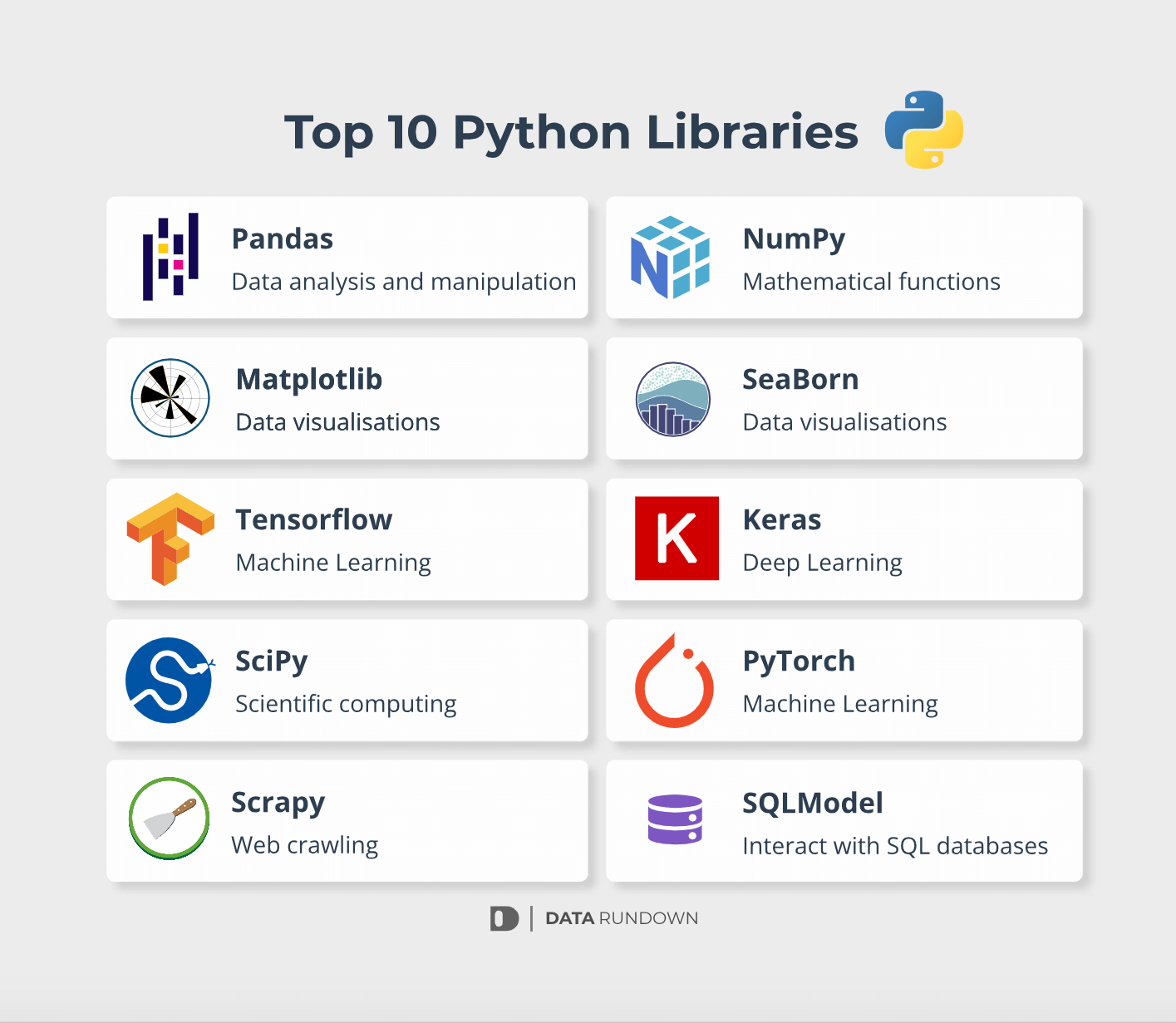Introduction To Machine Learning And Data Science Presentation
| Introduction to Machine Learning and Data Science | ||
|---|---|---|
| Machine learning is a branch of artificial intelligence that focuses on developing algorithms and statistical models to enable computers to learn and make predictions or decisions without being explicitly programmed. Data science is the interdisciplinary field that combines scientific methods, algorithms, and systems to extract knowledge and insights from structured and unstructured data. Machine learning and data science are closely intertwined, with machine learning being a crucial component of data science. |  | |
| 1 | ||
| Importance of Machine Learning and Data Science | ||
|---|---|---|
| Machine learning and data science are vital in today's data-driven world. They are used to uncover patterns, make predictions, and gain valuable insights from large and complex datasets. Machine learning and data science have applications in various industries, including finance, healthcare, marketing, and cybersecurity. | ||
| 2 | ||
| Types of Machine Learning | ||
|---|---|---|
| Supervised learning: In this type of machine learning, algorithms are trained on labeled data to make predictions or classify new data. Unsupervised learning: Algorithms in unsupervised learning are trained on unlabeled data to find patterns, clusters, or associations within the data. Reinforcement learning: This type of machine learning involves an agent learning by interacting with an environment and receiving rewards or punishments based on its actions. | ||
| 3 | ||
| Steps in a Machine Learning Project | ||
|---|---|---|
| Define the problem: Clearly identify the problem you want to solve or the question you want to answer using machine learning. Gather and preprocess data: Collect relevant data and perform necessary preprocessing steps, such as cleaning and transforming the data. Select and train a model: Choose an appropriate machine learning algorithm and train it on the prepared data. | ||
| 4 | ||
| Data Science Process | ||
|---|---|---|
| Data collection: Gather relevant data from various sources, such as databases, APIs, or web scraping. Data cleaning and preprocessing: Handle missing values, remove outliers, and transform the data into a suitable format for analysis. Exploratory data analysis: Analyze and visualize the data to understand its characteristics, relationships, and potential patterns. | ||
| 5 | ||
| Common Algorithms in Machine Learning | ||
|---|---|---|
| Linear regression: Used for predicting continuous numerical values based on input variables. Decision trees: Hierarchical models that make decisions based on a series of conditions. Random forests: Ensemble method that combines multiple decision trees to improve prediction accuracy. | ||
| 6 | ||
| Challenges and Ethical Considerations | ||
|---|---|---|
| Data quality and quantity: Ensuring the availability of high-quality and sufficient data for effective machine learning. Bias and fairness: Addressing potential biases in data and models that could lead to discriminatory outcomes. Privacy and security: Safeguarding sensitive data and ensuring compliance with privacy regulations. | ||
| 7 | ||
| Tools and Technologies in Data Science | ||
|---|---|---|
| Python: A popular programming language for data science and machine learning, with libraries like Pandas and NumPy. R: Widely used for statistical analysis and data visualization. SQL: Used for querying and manipulating structured data in databases. | ||
| 8 | ||
| Real-World Applications | ||
|---|---|---|
| Fraud detection: Machine learning algorithms can identify patterns and anomalies to detect fraudulent activities. Recommendation systems: Used by e-commerce platforms and streaming services to suggest personalized content to users. Predictive maintenance: Machine learning models can predict equipment failures and schedule maintenance activities accordingly. | ||
| 9 | ||
| Conclusion | ||
|---|---|---|
| Machine learning and data science play crucial roles in extracting insights and making informed decisions from data. They have a wide range of applications across industries and are essential in today's data-driven world. Continual advancements in algorithms, technologies, and ethical considerations will shape the future of machine learning and data science. | ||
| 10 | ||







